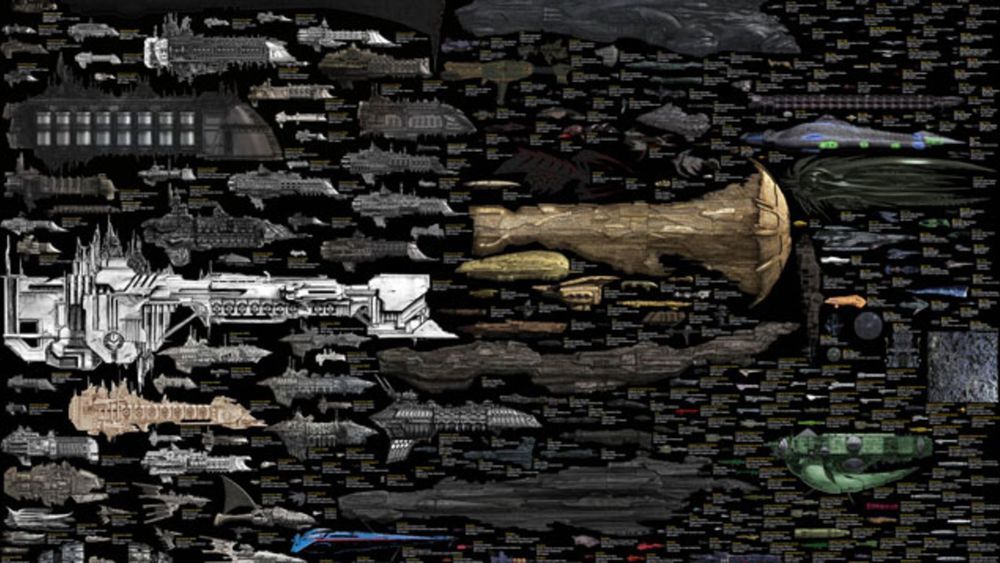NASA is sending fan-propelled robotic “bees” into space to do chores for astronauts 🚀 🐝.
Get the latest international news and world events from around the world.

Filming how our immune system kill bacteria
To kill bacteria in the blood, our immune system relies on nanomachines that can open deadly holes in their targets. UCL scientists have now filmed these nanomachines in action, discovering a key bottleneck in the process which helps to protect our own cells.
The research, published in Nature Communications, provides us with a better understanding of how the immune system kills bacteria and why our own cells remain intact. This may guide the development of new therapies that harness the immune system against bacterial infections, and strategies that repurpose the immune system to act against other rogue cells in the body.
In earlier research, the scientists imaged the hallmarks of attack in live bacteria, showing that the immune system response results in ‘bullet holes’ spread across the cell envelopes of bacteria. The holes are incredibly small with a diameter of just 10 nanometres.




The Much-Hyped, 18,000mAh Energizer Phone Flopped on Indiegogo
Mobile World Congress this past February included the unveiling of several notable smartphones like the Nokia 9 PureView and LG G8. However, one device got an inordinate amount of attention — the Energizer Power Max P18K Pop. Hiding behind that clunky name was a phone with a gigantic 18,000 mAh battery. This brick of a phone ended up on Indiegogo, and despite all the hype, it flopped. Hard. Of the anticipated $1.2 million, the phone only pulled in pre-orders worth $15,005 — just 1 percent of the required funding.
The Energizer Power Max P18K Pop is not actually a product of the battery manufacturer. The Energizer name is merely licensed by Avenir Telecom, a French manufacturer of phones, cables, and other accessories. It has produced other Energizer phones in the past, but none of them sparked the same combination of fascination and amusement.
The phone looked like a large aluminum power bank with a 6.2-inch screen on one side. The phone had almost no front-facing bezels thanks to the inclusion of a pop-up selfie camera. The phone parts of the device were competent if not particularly exciting. The P18K was supposed to have a MediaTek Helio P70, 6GB of RAM, 128GB of storage, and Android 9 Pie.


The biggest comparison of sci-fi spaceships ever is complete at last
At last, it’s done. The biggest spaceship size chart ever created is now complete and fully operational. 4,268 × 5,690 pixels of technological terror that includes everything from the smaller Star War ships to EVE. According to its author, Dirk Loechel, this is the last update. It’s epic.
The last update
For real this time: This is the final major content update, though if there are issues I’ll still fix them. I also haven’t forgotten I wanted to vectorize the writing. It’s still on the radar. But content-wise, I think that is about all I can put in.